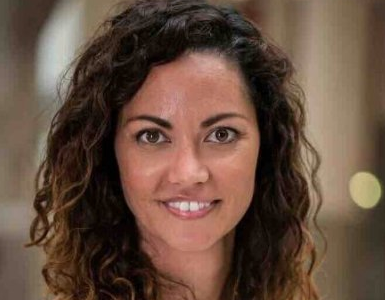The Australian says it will boycott Australian Press Council decisions by new member Carla McGrath
News Corp’s The Australian has said it will boycott all decisions and adjudications of complaints in which the Australian Press Council’s newest member, Carla McGrath, is involved.
McGrath is currently deputy chairwoman of GetUp – a left-leaning political activist group – and was appointed by the APC as a member one week ago.



From the paper that is the Pravda of the Liberal Party and the IPA.
Because there’s bias in the publication it’s okay for there to be bias on the APC?
Why is McGrath bias? She works for GetUp who represent the interests of average Aussies on things like, penalty rates, climate change, political corruption… You couldn’t get a less bias organisation because they are funded by hard working Aussies.
As opposed to Murdoch Press which wholly represents the opinions on one US Billionaire!
I love the wide-eyed innocence of this girl. In spite of that, she may know something about life. On the other hand, maybe she should wait until she has a few wrinkles before thrusting herself on others.
What a surprise, from a paper that runs borderline hate campaigns against Indigenous Australians.
Great decision, Oz.
Labor apparatchik supposed to be independent? What a joke.
This is deeply concerning by the Press Council.
If The Australian goes rogue on this then perhaps we need stronger regulation?
So Whittaker and The Oz spit the dummy and refuse to play the game because they don’t like someone appointed to the umpiring panel. Considering The Oz’s right-wing bias and incessant agendas that is all a bit rich. Grow up.
If you’ve pissed off The Australian, you must be doing something right. Go Carla!
What a laugh! Who takes any notice of the Australia Press Council anyway? It’s a eunuch organisation that has no power to push for, or recommend any disciplinary action. It’s just a load of yabberers who babble and pontificate while they’re waiting for an invitation to the next freeloader media whoopee.
It’s Mabo. It’s the vibe.
The APC will have to expel The Australian then.